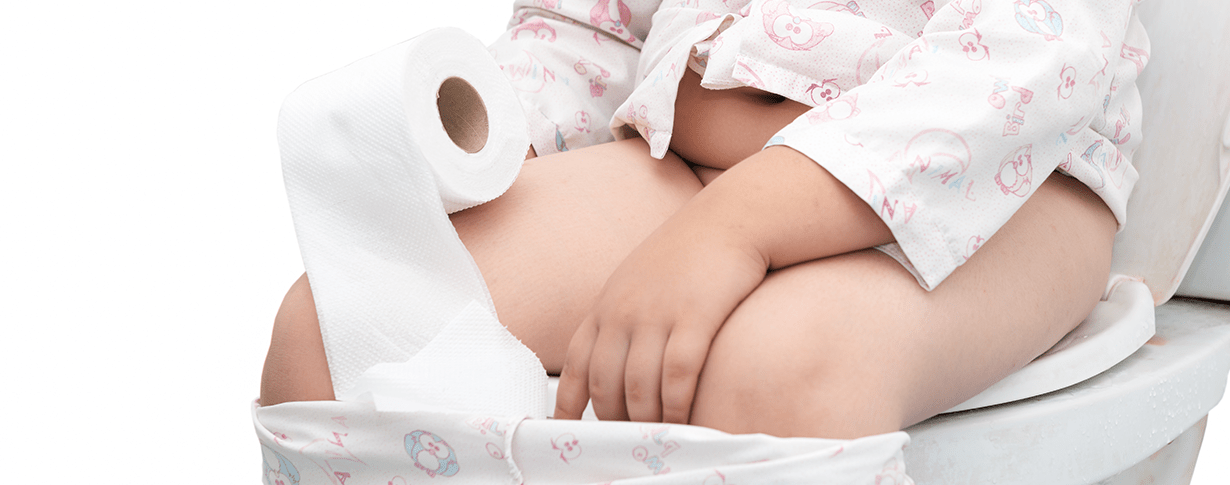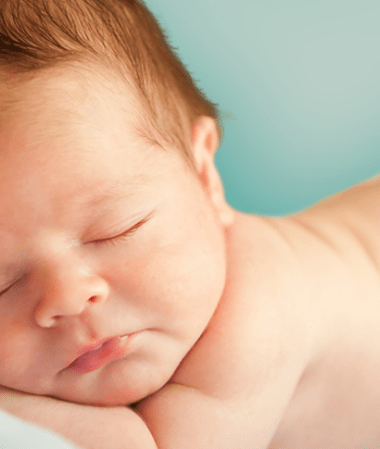Summer Diarrhea in Children
With the onset of summer months, there is an increase in infectious diseases and infections, especially acute diarrhea. Children are more affected by this situation. Diarrhea, which is common in children, can lead to dangerous situations that can result in death if not taken seriously and timely measures are not taken. Acute diarrhea is one of the most common infectious diseases in the world. Acute diarrhea is a disease that is mostly seen in children in the 0-5 age group and can cause death in children most frequently in the first 2 years of age. In our country, the most common infectious diseases in the 0-5 age group are gastrointestinal infections, which we call acute diarrhea, as well as upper respiratory tract infections.
With the increase in air temperature and sometimes humidity in the spring and summer months, an increase is observed in the amount of microorganisms and their toxins, depending on the storage conditions of the food. In addition, the rate of people traveling and being in different places increases during the summer months. There is an increased risk of children swallowing contaminated water from unclean pools and sea water during holidays. It should not be forgotten that viruses, bacteria, parasites or toxins produced by all foods and beverages that do not comply with healthy food and hygiene conditions can cause vomiting and diarrhea.
Loss of fluid in diarrhea is very dangerous, attention!!!
Diarrhea is a digestive system infection that we will briefly describe with the increase in the amount of stool and the number of stools, and the softening of the stool consistency. Since fluid loss is very rapid in some diarrhea, it can be life-threatening, especially for small babies and children, if fluid loss is not resolved in time. As the loss of fluid in the body increases, in addition to the feeling of thirst, dryness of the skin and mouth, weakness, tendency to sleep, absent-mindedness, decrease in tears, collapse of the eyeballs, increase in the pulse rate, coldness in the hands and feet, decrease in the amount of urine and the number of urination, darkening in the color of urine, deep or rapid breathing, decrease in blood pressure, increase in body temperature and shock, which is the most dangerous situation, can be seen. Some diarrhea has a slow course and fluid loss occurs slowly. However, some diarrheas are severe and rapid, and fluid loss can occur even within hours. If there is vomiting and fever along with diarrhea, if blood and mucus are detected in the stool, a doctor should be consulted without delay, as fluid loss will be rapid and severe in such diarrhea. It is very important to compensate for the fluid lost by the body during diarrhea. If the serious fluid losses are not replaced, a dangerous shock picture that can be fatal can be seen.
Breast milk protects against diarrhea, it should be breastfed a lot!!!
Some substances in breast milk have an immune-boosting effect in children and protect them from infections that may cause diarrhea, and at the same time, with their healing properties, they help the child recover quickly. Babies who cannot take breast milk have an increased incidence of diarrhea and more deaths may occur. In case of diarrhea, breast milk should be continued and the baby should be breastfed more often than usual. Mothers may stop breastfeeding due to vomiting, but this can be very dangerous. If there is vomiting with diarrhea, you should definitely go to the hospital because there will be fluid loss from both the bottom and the top and the picture will progress rapidly. In infants who cannot take breast milk, the milk or formula they normally take should be continued.
If there is vomiting along with diarrhea, you should go to the hospital without wasting time!!!
Fluids and minerals lost through vomiting and diarrhea can be removed by using oral replacement fluids, powders containing probiotics that regulate intestinal flora. However, it should be done under the advice and follow-up of the doctor. Diarrhea drugs should never be used. If the baby is fed with formula, the water must be boiled, and the bottles and pacifiers must be properly sterilized. Food should be stored in the refrigerator, and foods that are waiting in the open should never be consumed. Tap water and water of unknown origin should not be consumed, and care should be taken when consuming salads and fruits prepared with raw vegetables. Vegetables and fruits should be washed thoroughly with plenty of water. Raw foods should not be consumed in unsafe places. Foods that can be peeled should be eaten by peeling, and those that cannot be peeled should be washed thoroughly. Unpasteurized milk and dairy products should not be consumed. It should be ensured that foods are stored in appropriate conditions, hands should be washed frequently, contact with individuals with diarrhea and the use of the same items should be avoided if possible.
Products that are served open without packaging should not be consumed!!!
In case of diarrhea, consumption of plenty of clean water, ayran, yogurt, ayran soup and similar liquids should be increased. Until diarrhea resolves, low-fat and low-fiber foods should be taken; Foods rich in fat and fiber, which cause the intestines to work harder, should be avoided. Junk foods, fatty sugary foods, packaged foods containing additives, chocolate, acidic drinks and fried foods should never be consumed until diarrhea is resolved. Banana, peach as fruit; In solid foods, low-fat pasta and rice pilaf, boiled potato-mashed potatoes, boiled or grilled lean meat and chicken can be eaten. Milk, cream, mayonnaise and meaty foods that are waiting outside for a long time should be avoided, especially in open buffets in holiday destinations.
The most basic principle of treatment in diarrhea is to replace the fluid and mineral loss!!!







